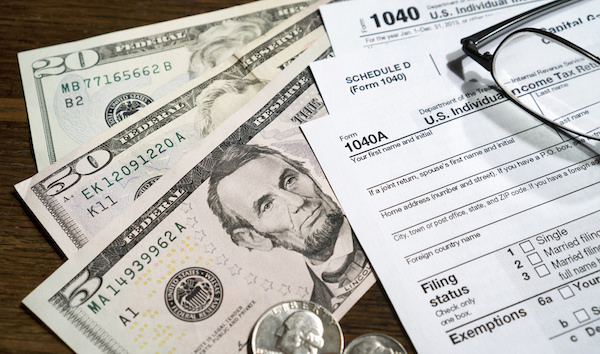
21
Mar
Mar
Tax Rules You Should to Know When You Receive or Give Cash
Whether you prefer to gift or receive money from loved ones or earn money from a patchwork of different projects, reporting those payments at tax time can be tricky. What’s more, cash gifts are subject to their own regulations and tax rates.
With that in mind, here are five tax rules that apply to cash gifts and cash payments:
- Cash gifts up to $15,000 per
year don’t have to be reported.
- Cash gifts can be subject to tax rates that range from 18 to 40 percent, depending on the size of the gift. However, for the 2018 tax year, IRS rules exclude $15,000 per year per person from the gift tax. Just as the government provides a standard amount that is exempt from income tax, the same applies to gift tax.
- Excess gifts require a tax form
but not necessarily a tax payment.
- If a person exceeds the $15,000 exclusion limit, they must file Form 709 to report the excess gift to the IRS. That doesn’t mean a person will have to pay taxes though. That’s because in addition to the $15,000 annual exclusion, there is an $11.4 million lifetime exclusion.
- Cash payments between
individuals typically don’t have to be reported.
- For monetary payments that aren’t gifts, you likely don’t have to worry about any tax reporting. For instance, there is no need to tell the IRS about the money you paid to the person who mows your lawn, walks the dog or paints your spare room.
- You must report payments of
$2,100 or more made to any household employee.
- To determine whether the IRS views your child care provider, gardener, cleaner or other worker as a household employee, look at how much control and autonomy the person has. If a person works exclusively for you and you dictate how they spend their day, the IRS would likely classify that person as a household employee. Once an employee is paid $2,100 or more per year, you’re legally required to withhold social security and Medicare taxes from their pay and pay the employer portion of those taxes, just as a company would do for its employees
- All income must be claimed on
tax forms, even if it’s paid in cash.
- Those receiving cash payments are obligated to record that income and claim it on their federal tax forms. Almost anything that isn’t specifically excluded in the tax law is taxable.
Cash may seem like an untraceable way to give and receive money, but IRS regulations still apply. Whether you are giving a gift or paying a worker, make sure you understand these crucial tax rules.




